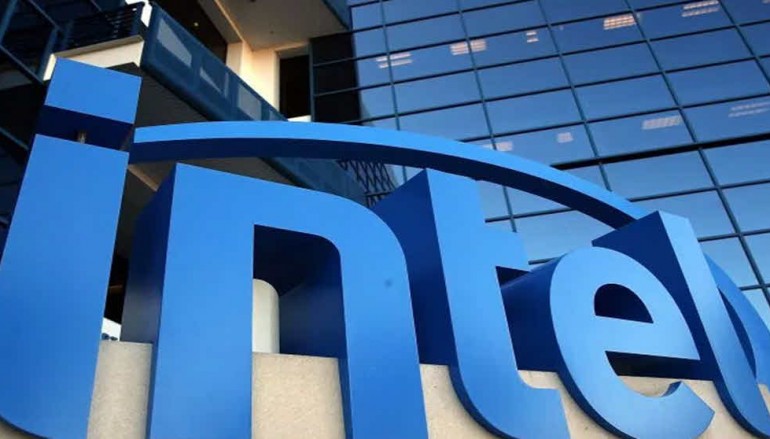
Intel Security Guru Says Regulating Encryption Is Difficult
Encryption is really just math, and is not a moral issue.
Encrypting digital data shouldn’t be considered a moral issue of good and evil. Rather, it’s a nuanced legal issue that may not be covered under existing law.
That’s one of the takeaways from a discussion about cybersecurity and data with Steve Grobman, the chief technology officer for Intel’s security group. Grobman explained during the Structure Data conference in San Francisco on Thursday that encryption is really just complex mathematics, which makes it a difficult thing to legislate.
“At the end of the day you can’t legislate the use of math any more than you can legislate the use of gravity,” said Grobman.
Grobman’s comments come amid a tussle between Apple and the FBI over an iPhone used by a shooter during the San Bernardino attacks. Dueling opinions about whether Apple should help federal authorities unlock the phone has put encryption technology in the spotlight.
Get Data Sheet, Fortune’s technology newsletter.
Encryption advocates argue that scrambling data is the only surefire way to ensure that private information remains safe from hackers and government espionage.
But people like FBI Director James Comey insist that encryption has big drawbacks that can keep investigators from solving major crimes. Seeing what criminals are saying is difficult if they permanently encrypt their communications.
Intel INTC 1.25% , which has been vocal about strong encryption technology, has sided with Apple in its legal battle against the F.B.I. The chip maker—along with many other tech companies including Google GOOG 1.07% , Microsoft MSFT -1.50% , and Amazon AMZN -0.10% —filed paperwork supporting Apple last week in which it said it “opposes a government mandate to weaken security features in technology products.”
Grobman touched on some of Intel’s arguments about encryption by saying that “creating policies and regulations” involving technology could “degrade it for the general public.” Although companies may be forced to weaken encryption in their products because of government demands, criminals can take advantage of the technology for nefarious purposes.
For more on the Apple and FBI case, check out our video:
http://for.tn/1RCyO1Q
Grobman gave the example of ransomware, which can be used by hackers to encrypt important corporate data so that its owner can’t access it. The only way to restore access is to pay a ransom.
Grobman also said that Intel has a policy of not creating so-called back doors in its products that would allow certain third parties like government agencies to covertly scan or obtain data without a user knowing. Intel’s rationale for doing so is that it’s difficult to ensure that the backdoor is “viable only for the party it was entitled for,” said Grobman.
Source | Fortune





